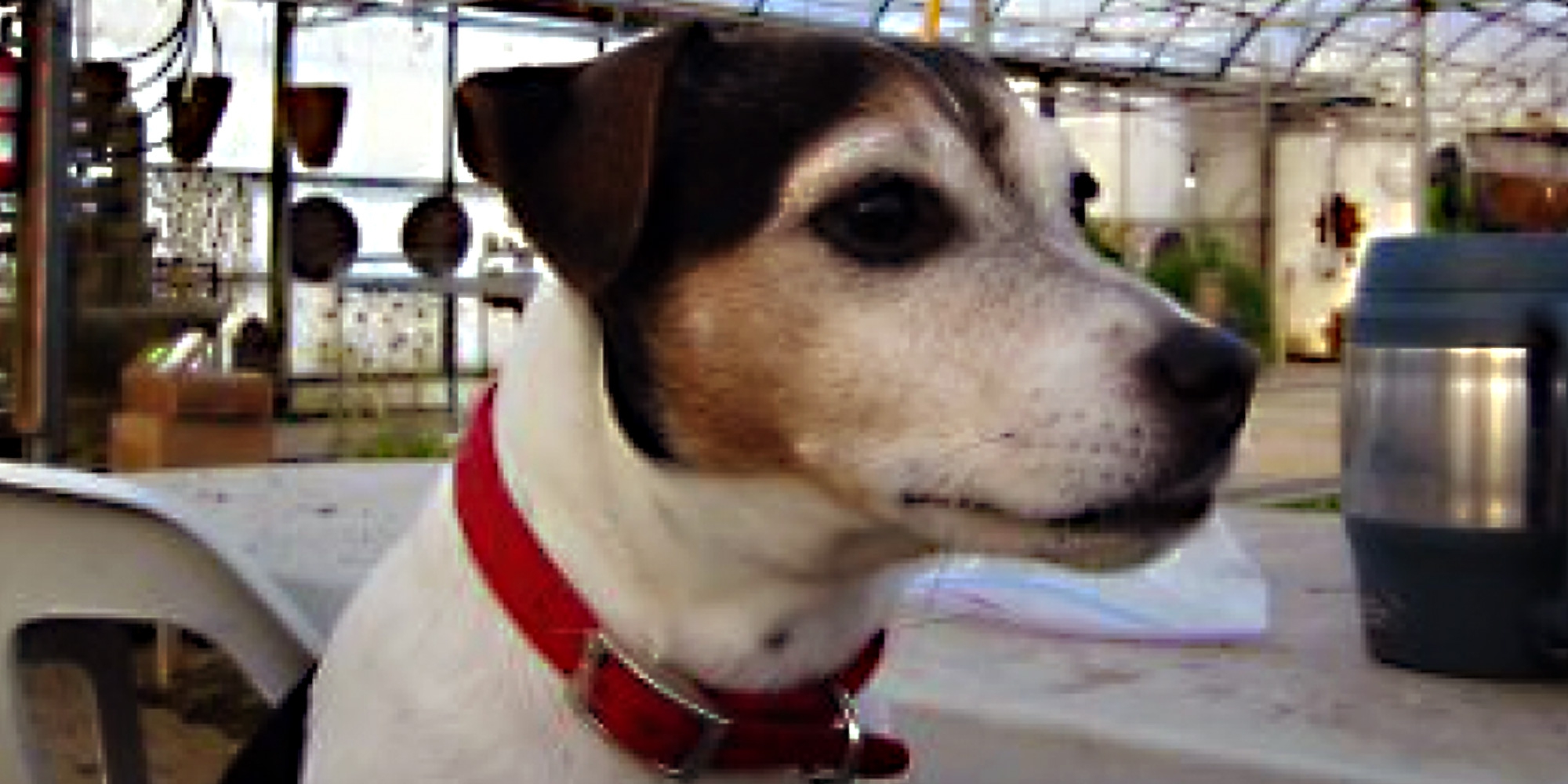It's always great having plants in the house, but it's worth making sure you select some plants that are non-toxic for your pets.
Puppies and kittens are rather curious. Nobody can deny that. Aside from being playing and chewing machines, they're companions that we all enjoy having around. Though the young are far more exploratory than adults, it's worth thinking about pets when you get houseplants.
In general plants that are non-toxic are the best choice for your home. Though younger pets can have adverse reactions to some plants, you know that selecting the right plants can help ensure you're plants will still be safe and sound. Since animals are smarter than we often give them credit for, having more plants around will often prevent pets from experimenting. Our nursery cats and pet dogs ignore pretty well all the plants at the nursery, toxic or not. The more they get used to plants, the less the novelty those plants are.
If you are unsure if your pet will go after your plants, select a few that are non-toxic. Here are a few plants that are considered "pet safe":
- African Violets
- Aralia - false and true such as Chicken Gizzard Bush
- Begonias
- Sanseviaria - Mother-in-law's tongue or snake plant
- Most ferns - including Boston Ferns
- Tradescanthia - Wandering Jew and Bridal Veil
- Calathea Orchids
- Dracena and Yucca - corn plant, etc.
- Ficus - Fiddleleaf and Rubber Tree (possible irritant)
- Hoya - Hindu Rope, etc.
- Jade Plant
- Kalanchoe - common and Flapjacks
- Norfolk Island Pine and Monkey Puzzle Tree
- Palms (most)
- Peperonia
- Euphorbia - including Poinsettias, though they are an irritant
- Myranta - Prayer Plant
- Spider Plant
- Swedish Ivy
- ZZ Plant
Keep in mind that quite a few plants, including ones on our list, may be irritants and could cause vomiting or skin reactions, but the dosage to have a major toxic effect is typically very high.
Many other plants are quite safe to have in the home, though some plants are very toxic. Avoid plants like Deifenbachia plants (they are called "Dumb Canes" for a reason), Passion Flowers (they contain cyanide), and Oleander (commonly known as the "abortion plant" in third world countries). Those are the most toxic of the common houseplants, though there could be more.
Though selecting non-toxic vs. potentially toxic plants is mostly a good idea, nothing really compares to training your pets. A little effort in training teaches your fluffy friends that plants are not food and it doesn't take long before you can safely fill your home with plants. We have at least four lethally toxic plants in our home with our pets without worries so make sure you know your pet. Our pets are often smarter than we give them credit for, so take the time and give them a little credit. We can all learn to live with plants, toxic or not.

